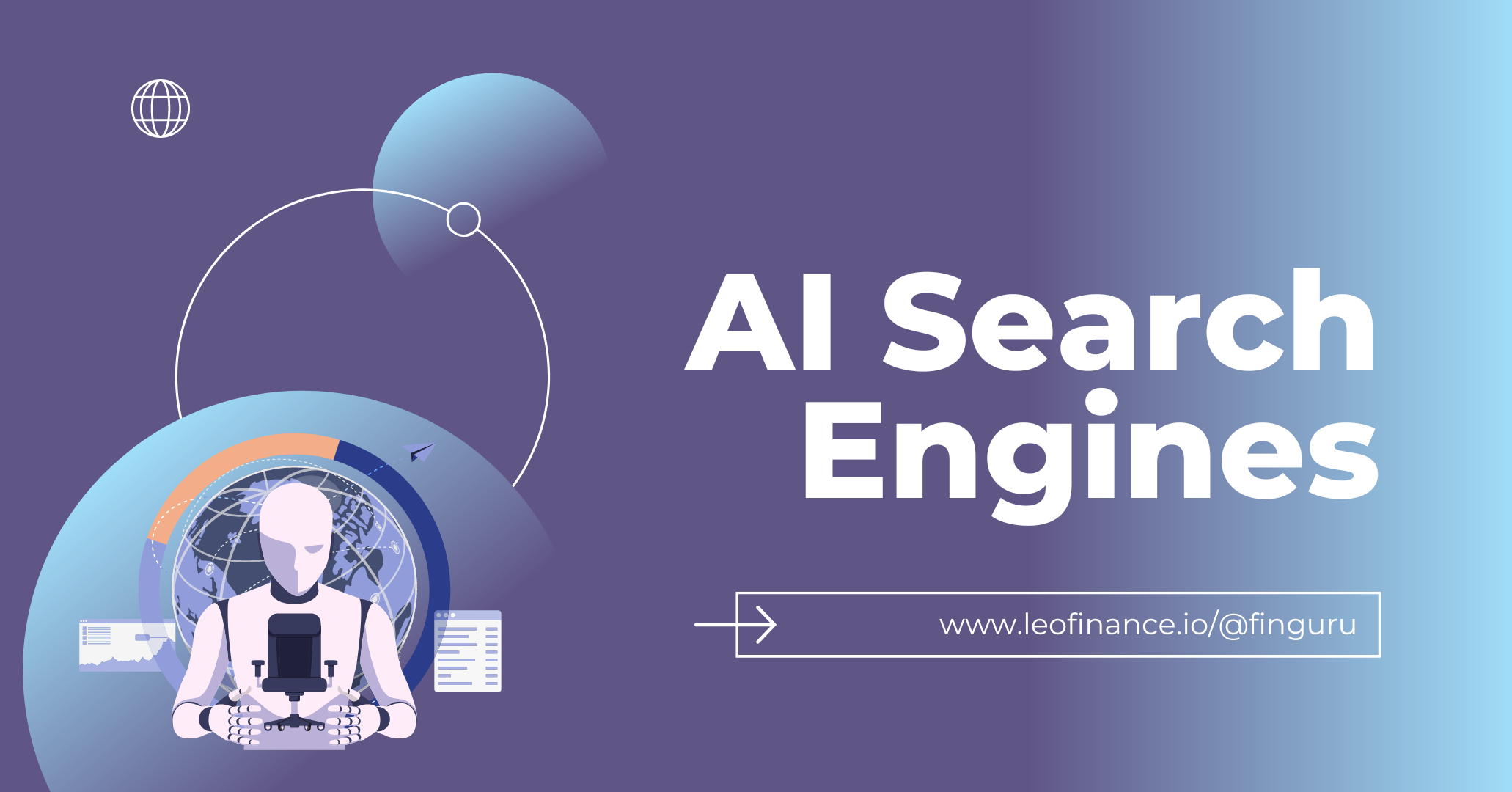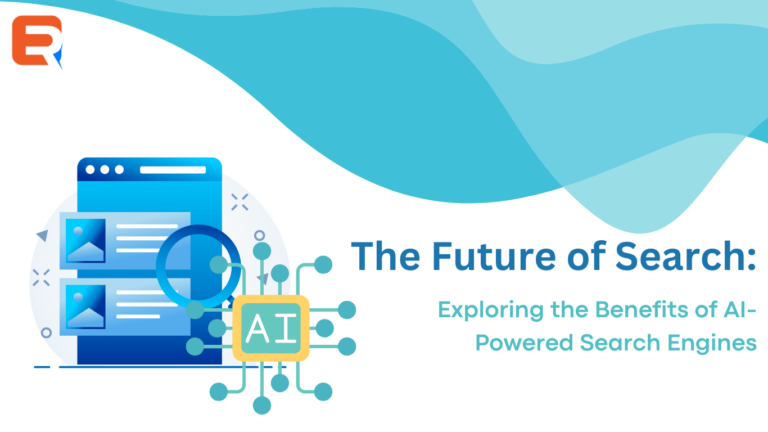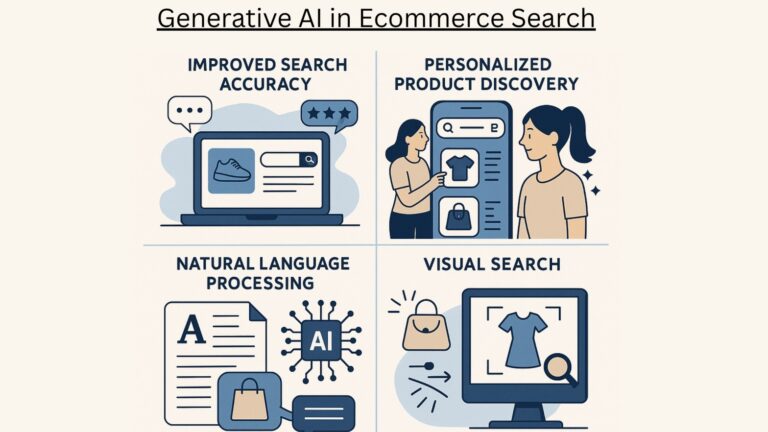Artificial intelligence (AI) has revolutionized the way we search for information online. From personalized recommendations to natural language processing, AI has opened up a world of possibilities for search engines. In this article, we’ll explore how AI is changing the search engine landscape and what it means for users.
One of the most significant impacts of AI on search engines is the ability to personalize search results. By analyzing a user’s search history, location, and behavior on the web, search engines can now tailor results to match a user’s interests and preferences. This means that two users searching for the same keyword may see entirely different results based on their past searches and online activity.
Personalized search results can be incredibly beneficial for users. For example, if you frequently search for recipes, a search engine may start showing you results for cooking websites at the top of your search results. This makes it easier for you to find what you’re looking for and can save you time and effort.
Another way AI is changing search engines is through natural language processing (NLP). NLP allows search engines to understand the meaning behind a user’s search query, rather than just matching keywords. This means that search engines can provide more accurate and relevant results, even if the user’s query is phrased in an unconventional way.
For example, if you type “What’s the best restaurant in town for a romantic date?” into a search engine, an AI-powered search engine can analyze the query and understand that you’re looking for a restaurant that’s suitable for a romantic date. It can then provide you with a list of the best romantic restaurants in your area, without you having to sift through irrelevant results.
NLP is particularly helpful for voice search, which has become increasingly popular with the rise of smart speakers like Amazon’s Alexa and Google Home. When users speak to their smart speakers, they’re often using natural language, rather than typing in specific keywords. NLP enables the smart speaker to understand what the user is looking for and provide them with the most relevant information.
One of the most exciting developments in AI search engines is the use of image recognition. Image recognition technology allows search engines to analyze the contents of an image and provide relevant results. For example, if you take a photo of a pair of shoes and upload it to a search engine, an AI-powered search engine can analyze the image and provide you with a list of retailers selling that specific pair of shoes.
Image recognition technology is also being used for visual search. This means that instead of typing in a search query, users can upload an image and search for similar images or products. This can be incredibly helpful for shopping, as users can easily find products they like without having to type in specific keywords.
AI search engines are also changing the way we conduct research. With AI-powered search engines, researchers can quickly find relevant information and sift through large amounts of data. For example, if a researcher is looking for information on a specific topic, an AI-powered search engine can analyze thousands of academic papers and provide the researcher with the most relevant ones.
AI search engines can also help researchers by providing insights into the latest research trends. By analyzing the most frequently searched topics, an AI-powered search engine can help researchers identify areas that are receiving a lot of attention and may be worth exploring further.
Another way AI search engines are changing research is through their ability to translate content. With AI-powered translation technology, researchers can access information in languages they may not be able to read or speak. This means that researchers can access a broader range of information, which can be incredibly valuable for cross-disciplinary research.
While AI search engines have many benefits, they also have some drawbacks. One of the most significant concerns is the potential for bias.
FAQs
Is there an AI search engine?

Yes, there are many new search engines that are powered by AI. Google, for instance, has been using AI for several years to provide users with better search results. They use natural language processing (NLP), machine learning (ML), and deep learning (DL) algorithms to understand the intent of a user’s search query and deliver relevant results. Other examples of AI-powered search engines include Bing, Yandex, and Baidu.
AI is becoming an increasingly important part of search engine technology, improving the quality and relevance of results. Today, there are several AI-powered search engines available. Google, one of the most popular search engines, has been using AI for several years to provide users with better search results. They use natural language processing (NLP), machine learning (ML), and deep learning (DL) algorithms to understand the intent of a user’s search query and deliver relevant results.
What is the best AI website?

While the best AI website is subjective and varies by individual preferences and needs, there are some resources that are very useful in covering various aspects of artificial intelligence. One of these is OpenAI, an organization that conducts research on AI and makes its findings and tools available to the public. Another is Machine Learning Mastery, a website that provides resources, tutorials and courses on machine learning and data science. AI Trends is also worth checking out for content related to AI trends.
The AI Podcast will provide you with an incredible overview of the most powerful machine learning technologies, along with cutting-edge insights to help you accelerate your growth as a machine learning practitioner.
If you’re looking for a place to start your search, we’ve put together some of the best AI websites that we hope will help you learn and grow in this rapidly expanding field.
At Deep Dive Schools, we believe that one of the best ways to get started in data science is through a hands-on approach. We provide you with all the resources necessary to properly learn and work through every part of your data science journey.




